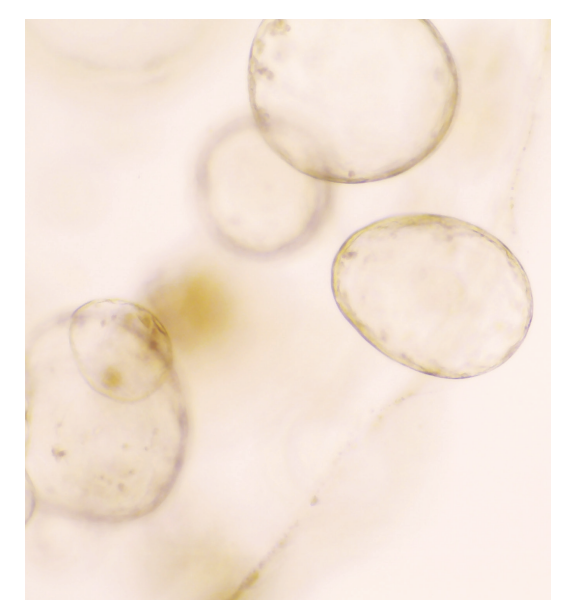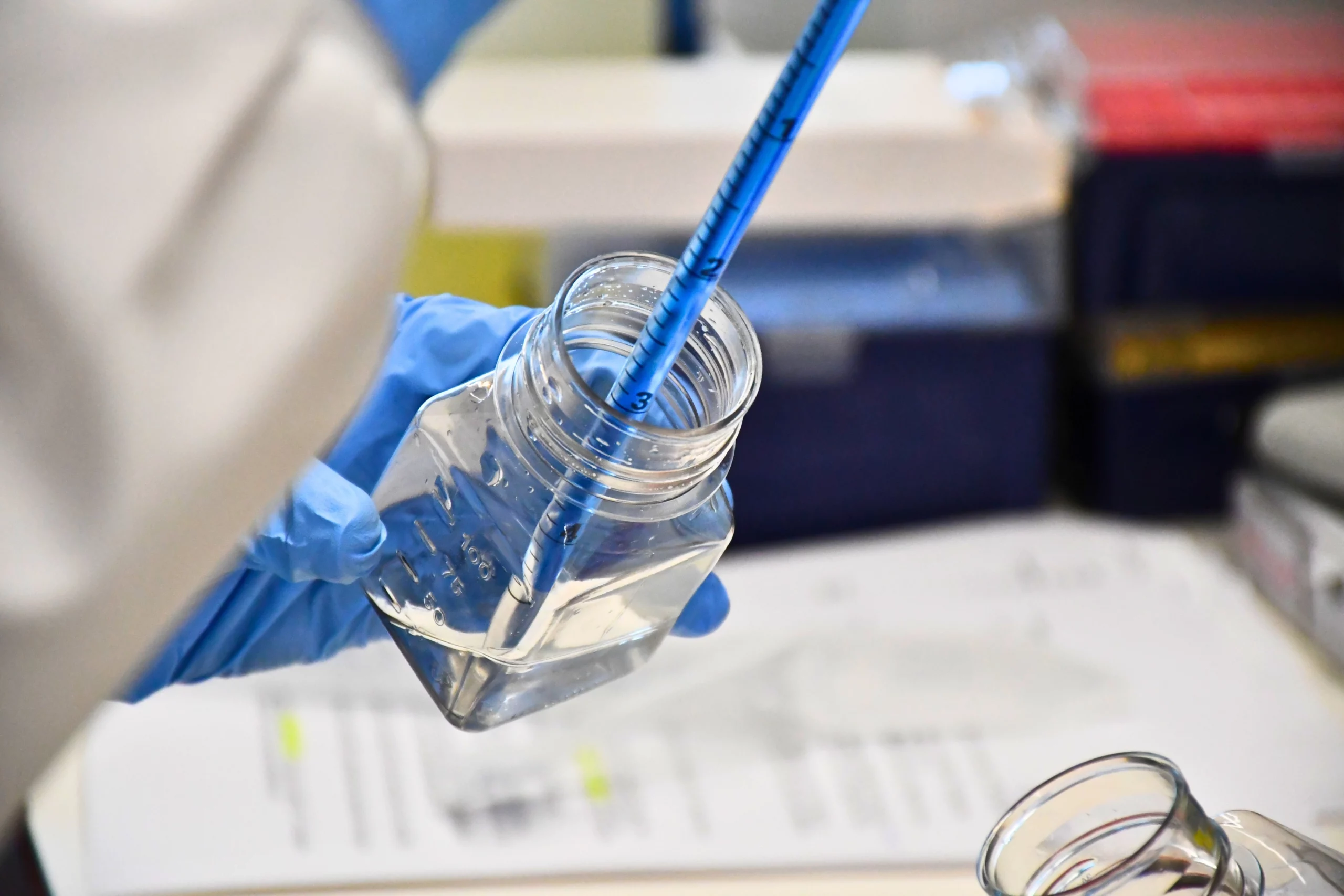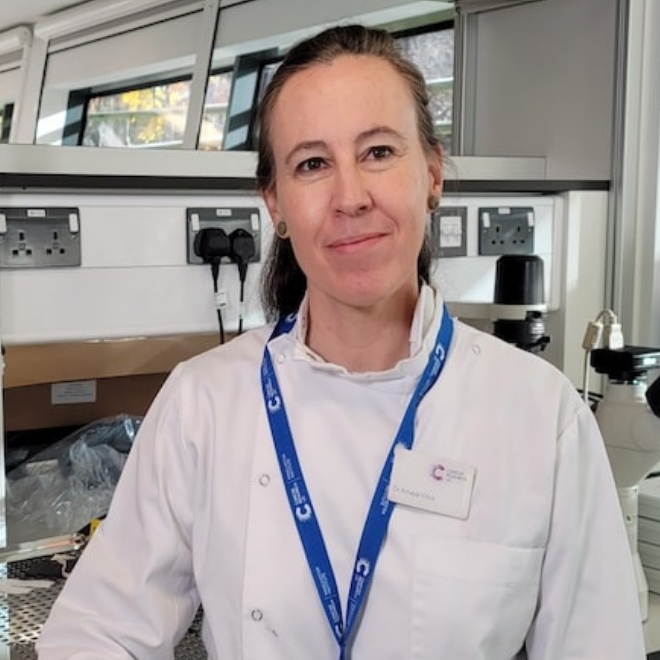Guidance Overview
The use of genetically altered (GA) animals has become a mainstay of biomedical research, with new technical approaches (such as CRISPR/Cas9) accelerating the pace at which new animal models become available. This raises scientific, ethical and logistical issues, in terms of the generation, breeding, maintenance and use of these animals, together with challenges in terms of applying the principles of replacement, reduction and refinement (the 3Rs).
With this in mind, the NC3Rs established a working group, including international experts on breeding, managing and archiving colonies, to define best practice in breeding and colony management. As part of this agenda, a guidance document originally written in 2009 by the RSPCA (in association with the MRC, BBSRC, and the NC3Rs), has been updated to reflect how current best practices in the archiving and sharing of GA strains can provide an opportunity for reduction and refinement.
Although there is a focus on mice, as the most frequently used animal in biomedical research, the concepts in this guidance can be applied to all common purpose-bred laboratory species. For the purposes of this document, archiving is defined as the storage of frozen (cryopreserved) embryos or gametes which preserves the genetic stock and eliminates the need to maintain the stock as live animals. These cryopreserved resources are often the best means of sharing GA strains with other scientists, while avoiding the welfare concerns related to transporting live animals.
This document is intended to provide an overview of current best practice and includes a comprehensive list of resources for more detail on each topic.
(Text taken from https://nc3rs.org.uk/3rs-resources/breeding-and-colony-management/sharing-and-archiving-ga-mice)
The use of genetically altered (GA) animals has become a mainstay of biomedical research, with new technical approaches (such as CRISPR/Cas9) accelerating the pace at which new animal models become available. This raises scientific, ethical and logistical issues, in terms of the generation, breeding, maintenance and use of these animals, together with challenges in terms of applying the principles of replacement, reduction and refinement (the 3Rs).
With this in mind, the NC3Rs established a working group, including international experts on breeding, managing and archiving colonies, to define best practice in breeding and colony management. As part of this agenda, a guidance document originally written in 2009 by the RSPCA (in association with the MRC, BBSRC, and the NC3Rs), has been updated to reflect how current best practices in the archiving and sharing of GA strains can provide an opportunity for reduction and refinement.
Although there is a focus on mice, as the most frequently used animal in biomedical research, the concepts in this guidance can be applied to all common purpose-bred laboratory species. For the purposes of this document, archiving is defined as the storage of frozen (cryopreserved) embryos or gametes which preserves the genetic stock and eliminates the need to maintain the stock as live animals. These cryopreserved resources are often the best means of sharing GA strains with other scientists, while avoiding the welfare concerns related to transporting live animals.
This document is intended to provide an overview of current best practice and includes a comprehensive list of resources for more detail on each topic.
(Text taken from https://nc3rs.org.uk/3rs-resources/breeding-and-colony-management/sharing-and-archiving-ga-mice)
Institute Authors
Group leader
Labs & Facilities
Research topics & keywords
All publications
https://doi.org/10.1038/s41420-025-02582-x
Mutant p53 induces SH3BGRL expression to promote cell engulfment
1 July 2025
Institute Authors (5)
Garry Ashton, John Weightman, Wolfgang Breitwieser, Sudhakar Sahoo, Antonia Banyard
Labs & Facilities
Computational Biology Support, Flow Cytometry, Molecular Biology
1 July 2025
https://doi.org/10.1016/j.celrep.2025.115603
Functional characterisation of the ATOH1 molecular subtype indicates a pro-metastatic role in small cell lung cancer
27 May 2025
Institute Authors (2)
Caroline Dive, Kathryn Simpson
Research Group
Small Cell Lung Cancer Biology
27 May 2025
https://doi.org/10.1016/j.ccell.2025.04.001
Stromal lipid species dictate melanoma metastasis and tropism
24 April 2025
Institute Authors (5)
Amaya Viros, Duncan Smith, Garry Ashton, Alex Baker, Tim Somervaille
Labs & Facilities
Biological Mass Spectrometry, Histology, Visualisation, Irradiation and Analysis
Research Group
Skin Cancer & Ageing
24 April 2025
https://doi.org/10.1038/s41467-025-58343-y
A human model to deconvolve genotype-phenotype causations in lung squamous cell carcinoma
4 April 2025
Institute Authors (4)
Carlos Lopez-Garcia, Robert Sellers, Sudhakar Sahoo, Caroline Dive
Labs & Facilities
Computational Biology Support
Research Group
Translational Lung Cancer Biology
4 April 2025
https://doi.org/10.1186/s12943-024-02157-x
The PI3K-AKT-mTOR axis persists as a therapeutic dependency in KRASG12D-driven non-small cell lung cancer
12 November 2024
Institute Authors (1)
Amaya Viros
Labs & Facilities
Genome Editing and Mouse Models
Research Group
Skin Cancer & Ageing
12 November 2024
https://doi.org/10.1186/s13045-024-01610-0
The small inhibitor WM-1119 effectively targets KAT6A-rearranged AML, but not KMT2A-rearranged AML, despite shared KAT6 genetic dependency
8 October 2024
Institute Authors (6)
Georges Lacaud, Mathew Sheridan, Michael Lie-a-ling, Liam Clayfield, Jessica Whittle, Jingru Xu
Research Group
Stem Cell Biology
8 October 2024
Our Research
Our research spans the whole spectrum of cancer research from cell biology through to translational and clinical studies
Research Groups
Our research groups study many fundamental questions of cancer biology and treatment
Our Facilities
The Institute has outstanding core facilities that offer cutting edge instruments and tailored services from expert staff
Latest News & Updates
Find out all our latest news
Careers that have a lasting impact on cancer research and patient care
We are always on the lookout for talented and motivated people to join us. Whether your background is in biological or chemical sciences, mathematics or finance, computer science or logistics, use the links below to see roles across the Institute in our core facilities, operations teams, research groups, and studentships within our exceptional graduate programme.











